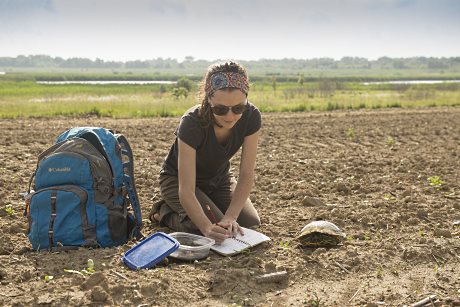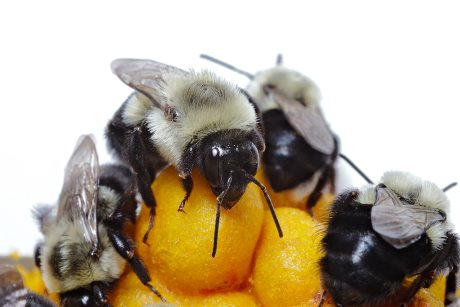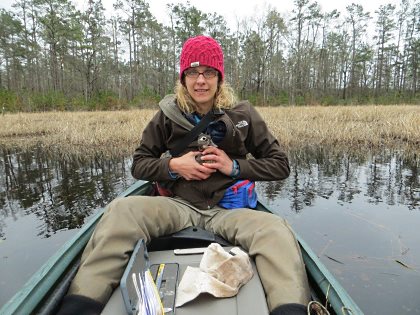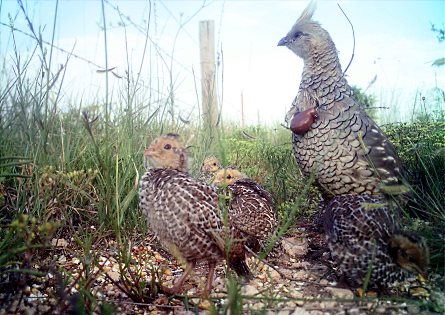SICB Annual Meeting 2019
January 3-7, 2019
Tampa, FL
January 7 – Symposium S10: The world is not flat: Accounting for the dynamic nature of the environment as we move beyond static experimental manipulations
The world that animals live in is constantly changing. Depending upon where they live, they may need to respond to daily changes in variables such as temperature or tidal cycles, or they may primarily respond to longer term, seasonal changes. For many animals, these changes in their environment result in concomitant changes in their physiological and behavioral state. And while physiological responses to environmental variability is widely acknowledged, much of the research that has advanced our understanding of the regulation of key traits are often conducted in ways that try to minimize variation. Some examples include the incubation of eggs in species with environmental sex determination under continuous temperatures through the duration of incubation, or hormone implants aimed at maintaining relatively constant circulating levels for an extended period of time. Whether conducted in the laboratory or the field, these studies have provided critical information about the mechanistic relationships that influence physiology and behavior that, in turn, influence variation in individual fitness, despite providing limited information on the direct effects of environmental variation. It is clear that we now need research approaches that explore how natural variation in the wild, or how experimentally mimicking nature under more controlled settings, affects physiological mechanisms and responses to this variation. Understanding why and how animals cope with environmental changes is key to recognizing the sources and subsequent responses that give rise to the variation that selection can act upon, particularly as environments change with a changing climate. The goal of this symposium is to highlight important insights that are gained when studies take into account these, often dramatic, changes across daily and seasonal time scales, and to stimulate future research that is needed to better understand how animals may cope with a changing climate.
Sponsors: SICB Wide Symposium
DAB, DCE, DCPB, DEDE, DEE, DNNSB

Organizers
- Timothy Greives
- Rachel Bowden
Speakers
S10-1 Monday, Jan. 7, 08:20 GREIVES, T; BOWDEN, RM*:
The world is not flat: accounting for the dynamic nature of the environment as we move beyond static experimental manipulations
S10-2 Monday, Jan. 7, 08:30 ANGILLETTA, MJ*; LEVY, O; SEARS, MW; VANDENBROOKS, JM:
The Fundamental Flaws of Fundamental Niche Models
S10-3 Monday, Jan. 7, 09:00 CARTER, AW*; PAITZ, RT; BOWDEN, RM:
The devil is in the details: natural variation in maternal estrogens and temperature are key to understanding TSD
S10-4 Monday, Jan. 7, 09:30 TOBIN, Kerrigan; SADD, Ben M.*:
In the Heat of the Moment: Host Immunity and Parasite Resistance in the Face of Thermal Shifts and Stress
S10-5 Monday, Jan. 7, 10:30 SEARS, MW*; RIDDELL, EA; ANGILLETTA, MJ:
Shifting environmental stressors across ontology in vertebrate ectotherms
S10-6 Monday, Jan. 7, 11:00 GREENLEE, KJ*; BOWSHER, JH; RINEHART, JP; YOCUM, GD; GREENLEE, kendra:
Beneficial effects of fluctuating thermal regimes: Increasing insect survival of low temperature stress
S10-7 Monday, Jan. 7, 11:30 STAGER, M*; CHEVIRON, Z:
An analytical framework for dissecting complex traits: a case study of avian physiological flexibility to cold acclimation
S10-8 Monday, Jan. 7, 13:30 GREIVES, TJ*; GRAHAM, JL; BAUER, CM:
Daily rhythms in hormones and behavior, seasonal timing and reproductive success
S10-9 Monday, Jan. 7, 14:00 WELCH, AM*; INFANTE, A; REINING, A:
When You Get Salty: Developmental Timing and the Consequences of Salinity Exposure in Toad Tadpoles
S10-10 Monday, Jan. 7, 14:30 DURANT, Sarah:
Parental incubation behavior is a key link between environmental conditions and avian phenotype
S10-11 Monday, Jan. 7, 15:00 ZERA, Anthony/J:
Time has come today. The importance of hormonal circadian rhythms underlying daily-rhythmic life history adaptation





